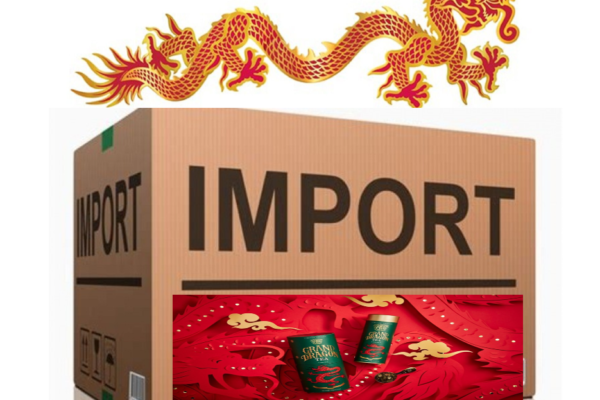The Department of Agriculture Fisheries and Forestry (DAFF) has issued a media release titled, “Biosecurity guidelines for Lunar New Year celebrations.”
They say that, as the eagerly awaited Year of the Dragon approaches, it is important to be biosecurity-aware, ensuring a smooth and uninterrupted Lunar New Year celebration.
Lunar New Year is a culturally significant period filled with tradition and customs. While the festivities are marked by jubilation and ceremonial practices, it is important to be aware of potential biosecurity hazards to ensure hassle-free gift-giving.
Deputy Secretary for Biosecurity Dr Chris Locke said it is important to understand the risks associated with some common Lunar New Year gifts.
“Biosecurity precautions safeguard Australia against the introduction of diseases or pests and protect our agriculture industries, environment and way of life.”
“While we appreciate the sentiment behind traditional Lunar New Year gifts, consider purchasing them locally to support Australian businesses and avoid potential biosecurity issues.”
“Failing to comply with Australian biosecurity measures, not declaring risk goods, or providing false information can result in penalties of up to $6,260.”
“It is everyone’s responsibility to contribute to protecting Australian agricultural industry, particularly during this Lunar New Year celebration.”
Common Lunar New Year gifts pose a high risk of introducing pests and diseases. To avoid this, such items should be purchased in Australia rather than imported.
Do not import:
- meat products, including chicken, beef and pork sausages whether fresh, frozen, dried, preserved or cured
- whole eggs and products containing eggs, including duck eggs
- dairy products such as milk and yoghurt
- fresh and dried fruit including citrus, persimmons, lychees and longans
- other plant products including banana leaves and fresh bamboo shoots
- traditional herbal medicines containing ganoderma fungus or cordyceps
- rice.
For detailed information on what you can bring to Australia, visit Bringing or mailing goods to Australia – DAFF (agriculture.gov.au)
See our related article on Improving Trade Relations with China.
For information about import regulations and restrictions, contact us here at Colless Young. As Customs Brokers and International Freight Forwarders, we offer you correct, professional advice on your import and export cargo, by air or sea. We are based in Brisbane and handle your shipping and transport needs, including Customs clearance & quarantine procedures, warehousing and trucking – at all Australian ports and airports.

